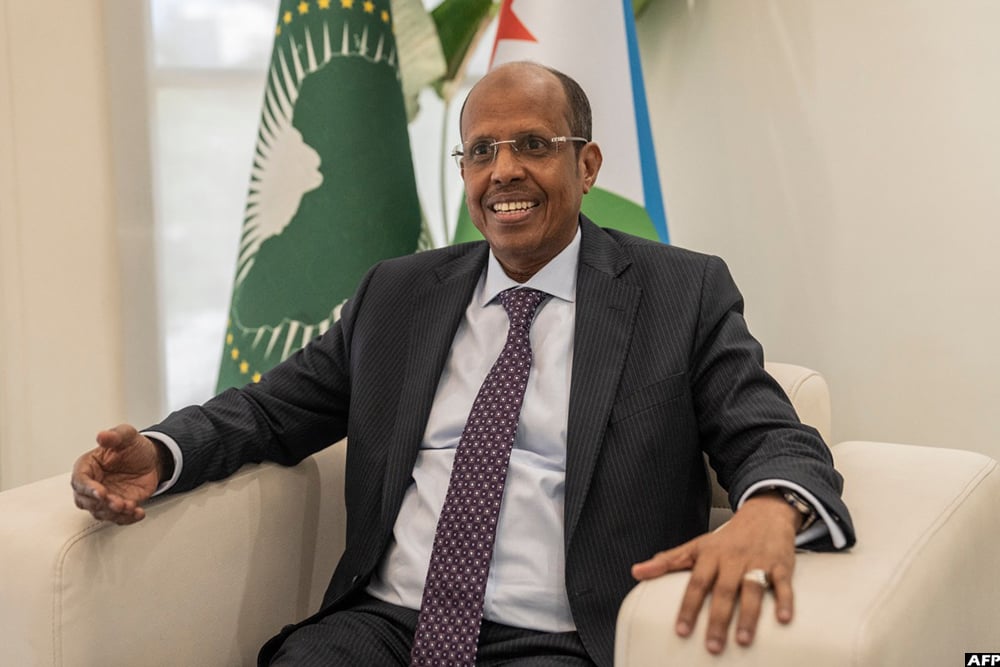The African Union (AU) has dismissed claims by US President Donald Trump that Christians are facing genocide in northern Nigeria, following his recent threat to launch a military intervention in the country.
Speaking at a press conference in New York on Wednesday, Mahamoud Ali Youssouf, Chair of the African Union Commission, said that while Nigeria continues to grapple with complex security challenges, it is inaccurate and misleading to describe the situation as genocide.
“There is no genocide in northern Nigeria. The complexity of the situation in northern Nigeria should push us to think twice before making such statements,” Youssouf stated.
Earlier this month, President Trump had alleged that radical Islamist groups were “killing Christians in huge numbers” and that Christianity in Nigeria faced an “existential threat.” He went as far as threatening a “fast, vicious, and sweet” US military response if the Nigerian government failed to stem the violence.
Youssouf, however, emphasised that the insurgency led by Boko Haram, the most notorious jihadist group in the region, has claimed the lives of both Muslims and Christians indiscriminately.
“The first victims of Boko Haram are Muslims, not Christians,” he reiterated, urging the international community to adopt a more nuanced understanding of the crisis.
Nigeria, Africa’s most populous nation with an estimated 230 million people, is roughly split between a predominantly Muslim north and a Christian south. The northern region has been plagued by multiple layers of conflict, including jihadist insurgencies, communal clashes, and banditry.
According to United Nations figures, the Boko Haram conflict, which began in 2009, has killed over 40,000 people and displaced more than two million across Nigeria and neighbouring countries.
Youssouf called for international cooperation focused on humanitarian relief and counterterrorism, rather than on inflammatory rhetoric or threats of intervention.
Observers say Trump’s comments have sparked diplomatic unease, with religious and political leaders in both Nigeria and the wider African continent warning that external threats could further destabilise the fragile security situation in the region.



